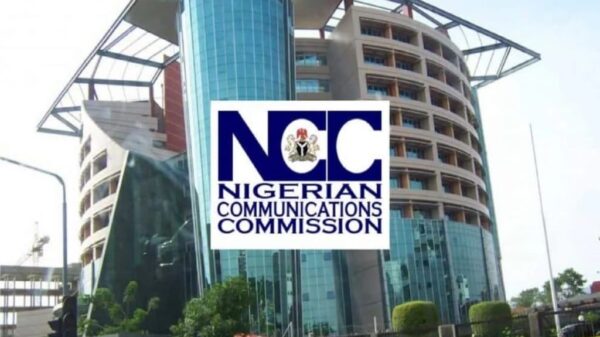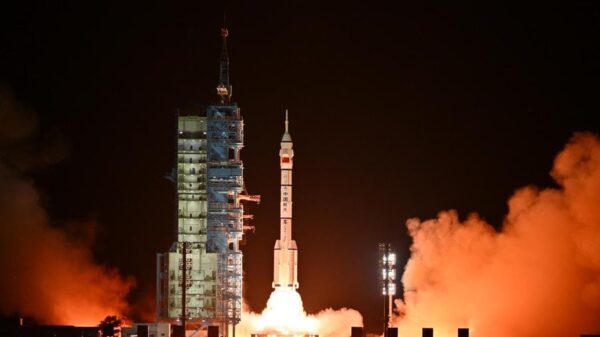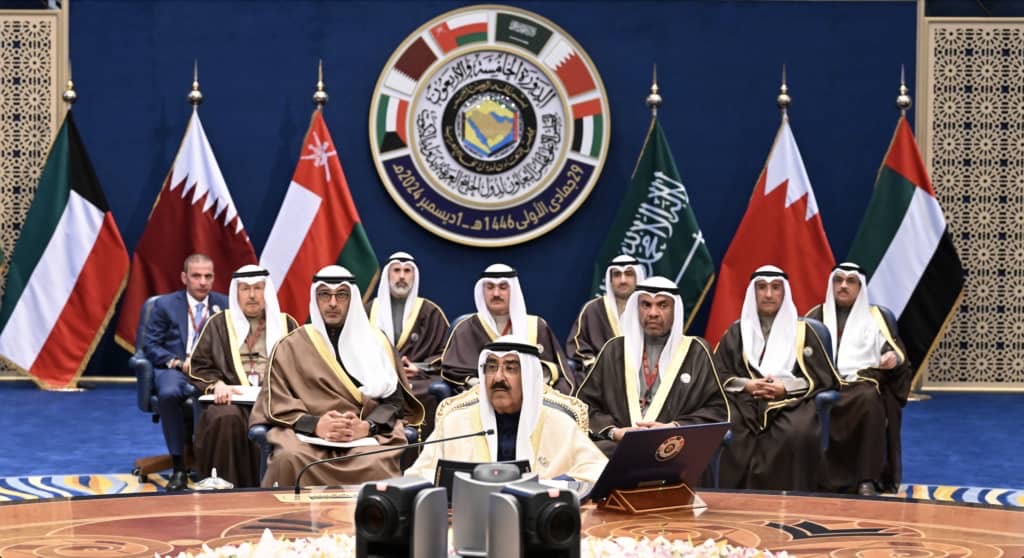Leaders from the Gulf region have renewed their calls for a ceasefire In Sudan.
Their call was restated at a meeting in Kuwait where they stressed the need to safeguard Sudan’s sovereignty, security, and territorial integrity while pushing for an inclusive political process to restore civilian authority.
In a statement published at the end of the its 45th session, the Gulf Cooperation Council (GCC)’s Supreme Council “expressed its concern over the continuation of fighting” in Sudan.
The six convening leaders called on Sudan’s warring parties –the Sudanese Armed Forces (SAF) and the paramilitary Rapid Support Forces (RSF), to engage in dialogue “seriously and effectively”, unify ranks, and work toward a solution that spares Sudan’s people of suffering.
They urged the generals to honour the agreements made in the Jeddah Declaration last year, which included commitments to protect civilians, uphold humanitarian law, and implement a short-term ceasefire, and reiterated the importance of UN Security Council Resolution 2736, which also calls for the full implementation of the Jeddah
The statement welcomed the efforts of the Aligned for Advancing Lifesaving and Peace in Sudan (ALPS) initiative, and called for an immediate truce in key conflict zones such as Khartoum, North Darfur, Sennar, and El Gezira, to ensure aid can reach those in need and civilians can safely leave affected areas.
The Council condemned attacks on its diplomatic missions in Sudan, including the September 2024 bombing of the UAE mission in Khartoum by a SAF aircraft. It denounced “all forms of violence and terorrism … including the attacks on several diplomatic missions of GCC countries by Rapid Support Forces”.
The GCC is comprised of six members: Bahrain, Kuwait, Oman. Saudi Arabia, Qatar, and the United Arab Emirates (UAE). The last has been suspected of providing military support to the RSF.
The Sudanese and the UAE representatives have previously clashed over the subject during a United Nations Security Council (UNSC) session.
.
























